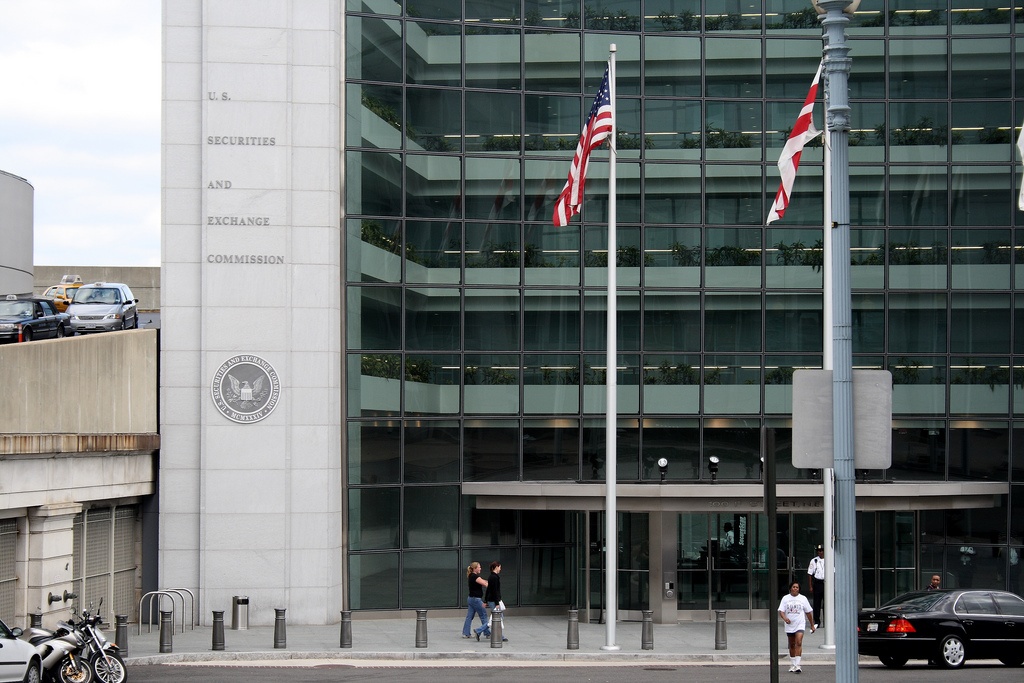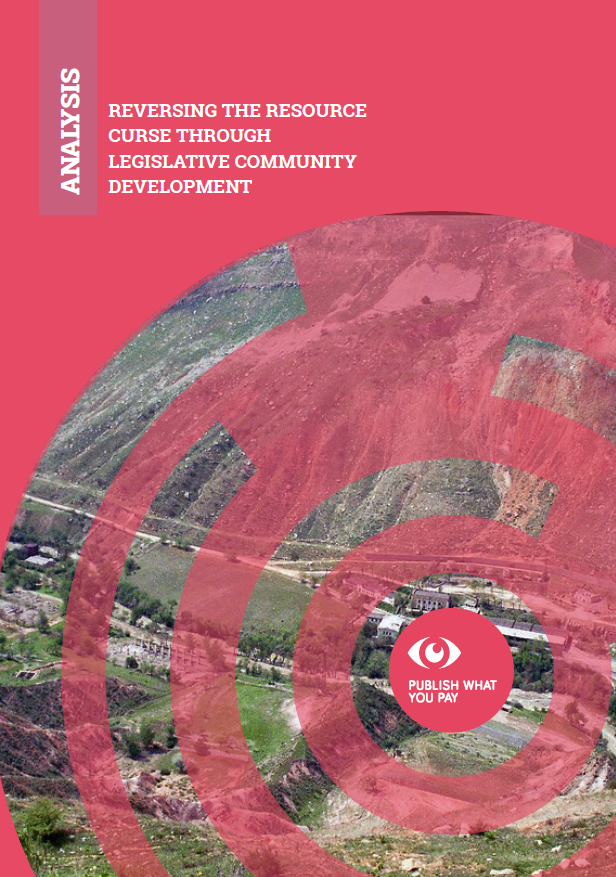This week, United States legislators chose to relinquish their country’s leadership role in the global oil, gas and mining transparency movement by undoing a landmark anti-corruption rule. Both the House of Representatives and the Senate passed a motion to roll back the bi-partisan Cardin-Lugar provision, also known as Section 1504 of the Dodd-Frank Act Section 1504, in the same week that Rex Tillerson, former head of US oil giant ExxonMobil, was confirmed as Secretary of State.
Elisa Peter, Executive Director of Publish What You Pay (PWYP), a global civil society coalition working to promote transparency in the extractive sector, said: “This rule, which the US Congress has just repealed, played an instrumental role in the global movement towards transparency. By requiring all US-listed oil, gas and mining companies to publicly disclose the payments they make to governments around the world, the United States had demonstrated world leadership in the fight against corruption. This time is over”
Jana Morgan, Director of Publish What You Pay-US, said: “Instead of taking on corruption as they had promised, Congress and the new administration have gutted an important anti-graft measure that helps keep Americans safer and more informed. The Cardin-Lugar rule is critical for ensuring that authoritarian regimes around the world cannot treat oil and mining revenues like state secrets, breeding corruption, distrust, and conflict that harms U.S. security and energy interests.”
The US mandatory disclosures rule, detailed by the US Securities and Exchange Commission (SEC) after much consultation, required all oil, gas and mineral companies listed on US stock exchanges to report the royalties, bonuses, fees, taxes and other payments they make to governments, country by country and project by project.
Ali Neema, National Coordinator of PWYP Iraq, commented: “Transparency rules such as Dodd-Frank Section 1504 are crucial tools to redress extreme corruption problems linked to our country’s oil sector. Undoing this rule undermines efforts worldwide to make natural resource extraction honest and fair. More worryingly, it risks fueling new terrorist threats and leaves transparency about Iraq’s oil to the whim of government ministers and officials.”
Civil society organisations and PWYP members all over the world had called on US legislators to preserve the Dodd-Frank transparency rule. The outcome of 15 years of civil society campaigning and several years of careful deliberation by US lawmakers and officials, Cardin-Lugar has had far-reaching consequences for citizens all over the world by inspiring similar legislation now being implemented in the European Union, Canada and Norway. Companies including Shell, BP, Total and Rio Tinto are already reporting. Many of the largest oil, gas and mining companies support country- and project-level reporting, and several have indicated that they do not find the reporting requirement burdensome.
Miles Litvinoff, National Coordinator of PWYP UK, said: “Undoing this rule may push the US back as a global champion of transparency. But other jurisdictions are proving that they take anti-corruption measures in the extractive sector seriously. The UK is now in its second year of implementing its reports-on-payments-to-governments regulations, and most in-scope companies, including foreign UK-listed companies, are complying fully with their disclosure obligations without a problem.”
Dodd-Frank 1504 is one of the first rules attacked by US Republicans allied with the new Trump administration using the little known Congressional Review Act. ExxonMobil and Rex Tillerson are widely known to have lobbied hard against this rule. Rather than “transferring power back to the people”, as President Trump has stated he wishes to do, this move means that when it comes to US oil, gas and mining companies, citizens will be kept in the dark.
Elisa Peter concluded: “Notwithstanding this step back, PWYP will continue to empower citizens around the world to shine the light of transparency on the oil, gas and mining sectors.”











